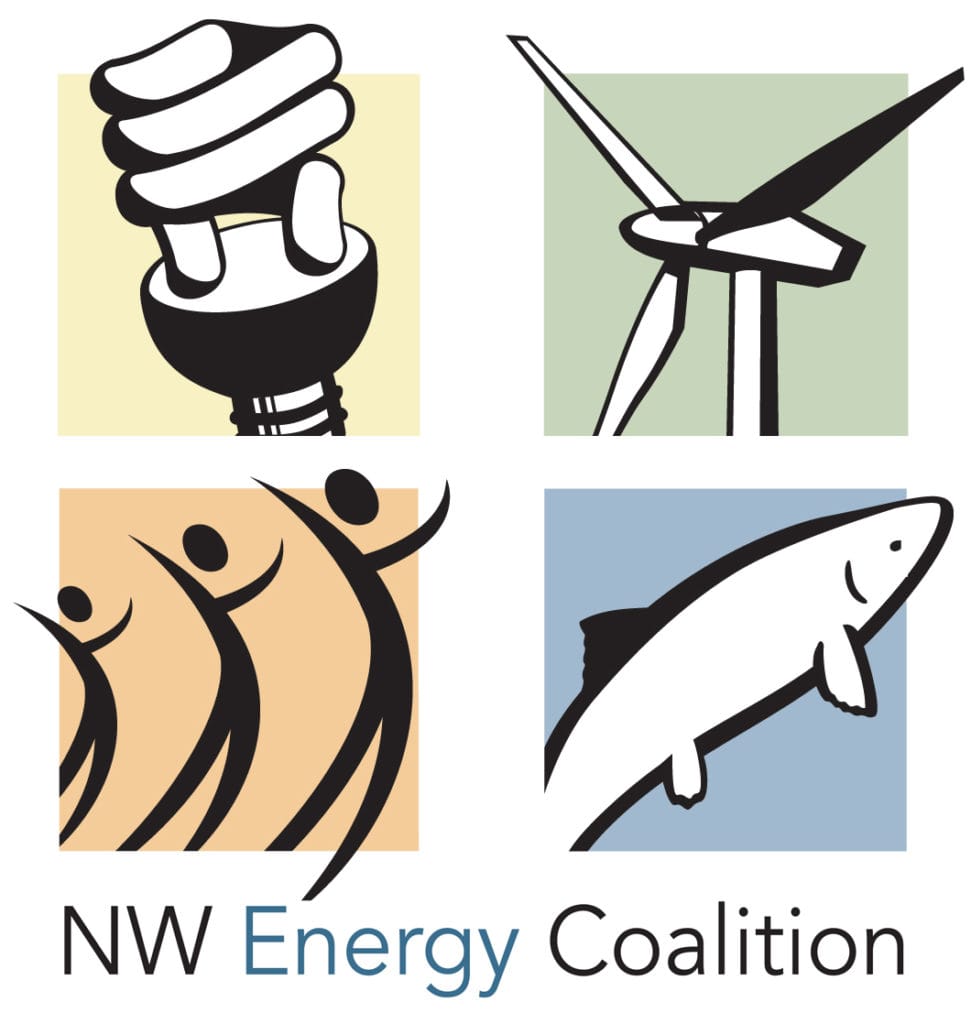Policy
Gov. Brown signs Oregon’s historic clean electricity, coal transition bill into law
The Clean Electricity and Coal Transition Act was developed by a unique alliance including the NW Energy Coalition and many of its members and allies: the Citizens’ Utility Board of Oregon, Climate Solutions, Oregon Environmental Council, Oregon League of Conservation Voters, Natural Resources Defense Council, Pacific Power, Portland General Electric, Renewable Northwest and Sierra Club. Tested and improved through legislative review and input from the state’s Public Utility Commission, the bill won Senate approval on March 2 on the heels of a bipartisan House vote the week before.
Oregon Votes to Plug its Cars into Renewable Energy
Oregon’s legislature has just adopted a bill to get the state off coal and onto renewables, and to use that renewable electricity to power the state’s cars, trucks, and buses. Focusing here on the provisions of the bill designed to increase access to charging stations for electric vehicles, the bill instructs Oregon’s Public Utilities Commission to order electric utilities to propose programs and investments to “accelerate transportation electrification” by the end of this year.
Oregon Legislature Passes Historic Coal Transition Bill
The Oregon Legislative Assembly today approved a landmark bill that will commit the state to eliminate its use of coal power by 2035 and double the amount of clean, renewable energy serving Oregonians to 50 percent by 2040. Otherwise known as the Clean Electricity and Coal Transition plan, Senate Bill 1547-B received final approval on the Senate floor today after the Oregon House approved the bill in a 38-20 bipartisan vote on Tuesday.
Clean electricity and coal transition plan — now SB 1547A — faces another House vote and Senate concurrence
Oregon’s clean electricity and coal transition bill is once again headed for floor vote in the House. The original bill (HB 4036) passed the House on a 39-20 bipartisan vote more than a week ago. The bill re-emerged yesterday as SB 1547A, strengthened overall by amendments stemming from continued collaboration among various interests, including the Public Utility Commission.
Oregon: Clean electricity and coal transition bill advances to Senate floor
House Bill 4036, Oregon’s clean electricity and coal transition plan, is headed for a Senate floor vote after being passed out of committee on Monday. The bill is the product of an historic collaboration between investor-owned utilities, clean energy/climate organizations and the state’s foremost consumer advocacy group. HB 4036 cleared the House last week on a 39-20 bipartisan vote.
Clean electricity/coal transition plan passes Oregon House!
Oregon’s clean electricity and coal transition plan, House Bill 4036, passed its first big test on Monday, clearing the House floor on a 39-20 bipartisan vote.
The vote reflected both the historic collaboration of investor-owned utilities Portland General Electric and Pacific Power, clean energy/climate organizations and consumer advocates, and your efforts in contacting and educating House members on the importance of advancing the bill.
Roger Hamilton OpEd: "Weaning state off coal is what Oregonians want"
Just over five years ago, Oregon regulators approved a proposal to shut down the state’s only coal-burning power plant. For more than three decades, the Boardman plant was a workhorse providing electricity to Oregon families and businesses. But in the end, with overwhelming public support, it became clear the benefits of closing the doors on Boardman, by far the state’s biggest air polluter, outweighed the costs.
Bob Jenks OpEd in Statesman Journal: "Transition from coal is best for Oregon’s energy future"
As the executive director of the Citizens’ Utility Board of Oregon (CUB), Oregon’s utility ratepayer advocate for 30 years, I am pleased to have negotiated with a coalition of utilities and clean energy advocates to craft proposed House Bill 4036 or The Clean Energy and Transition from Coal Bill.









